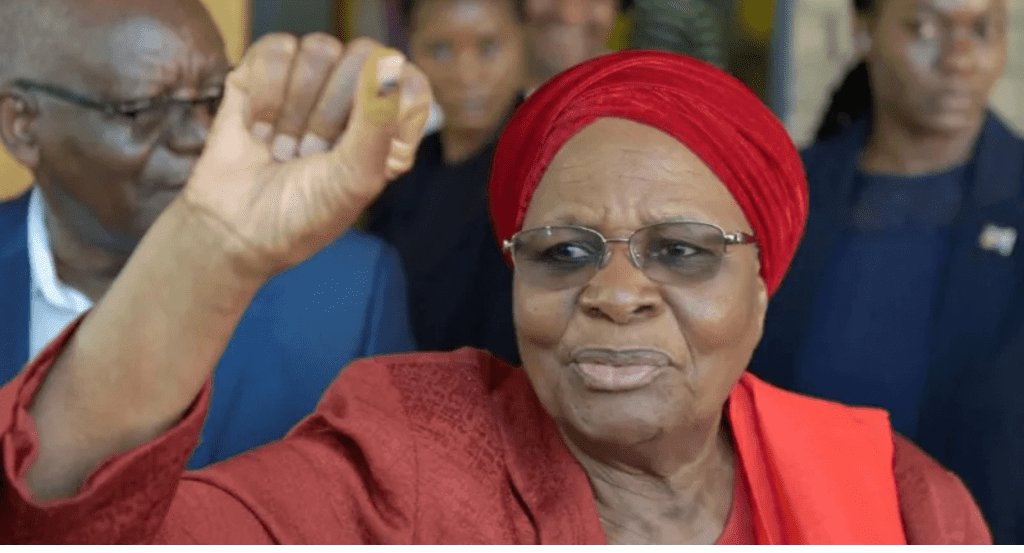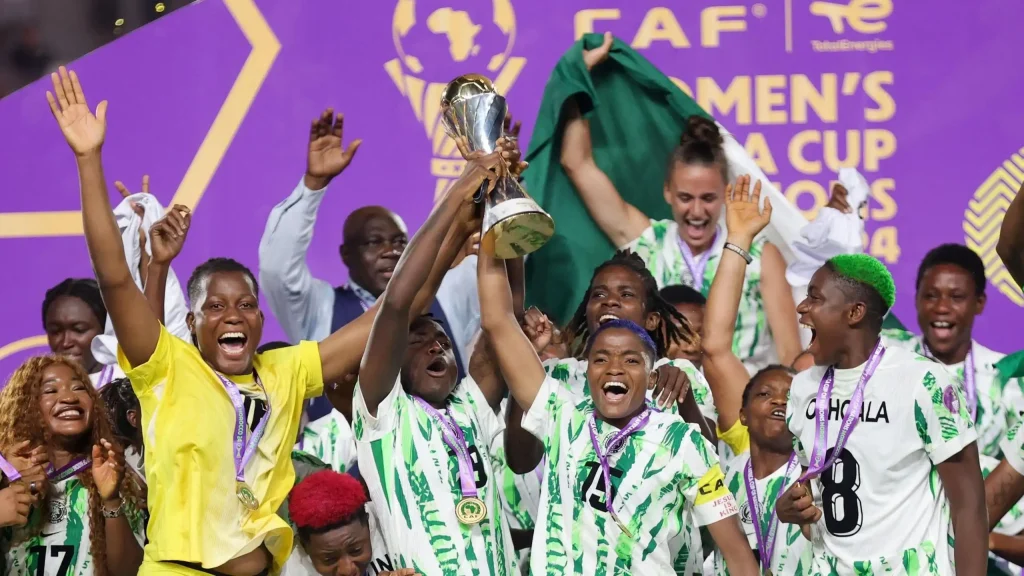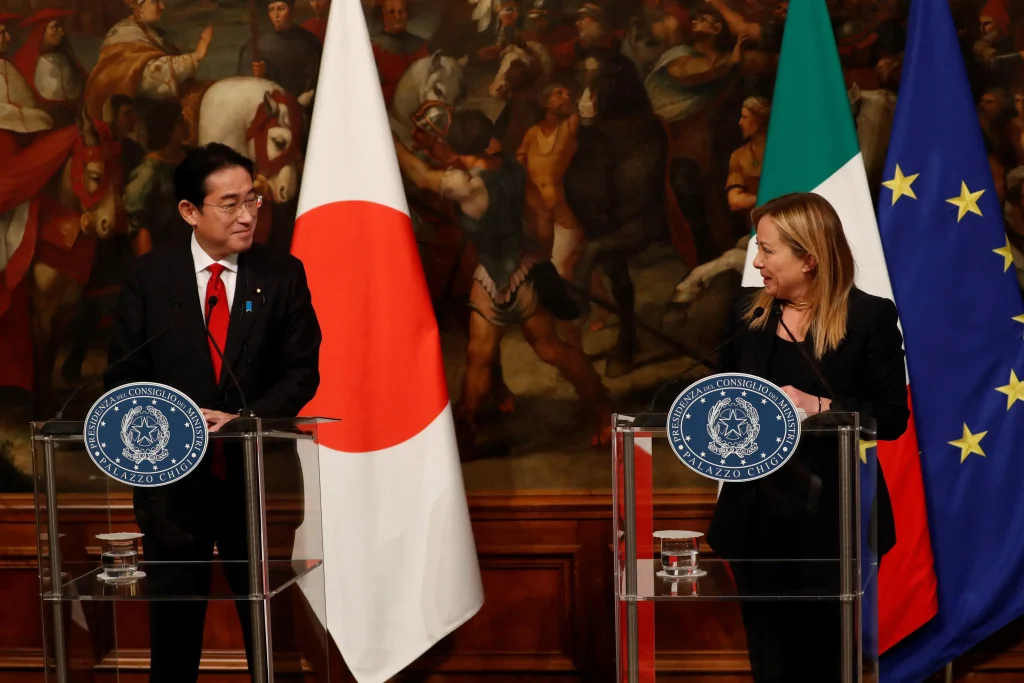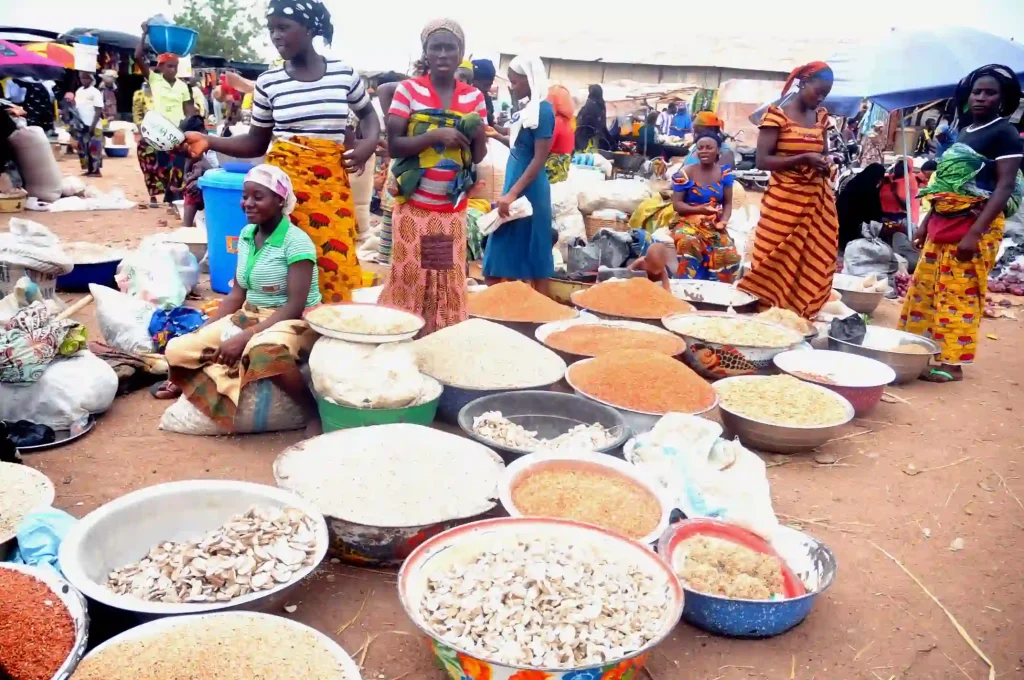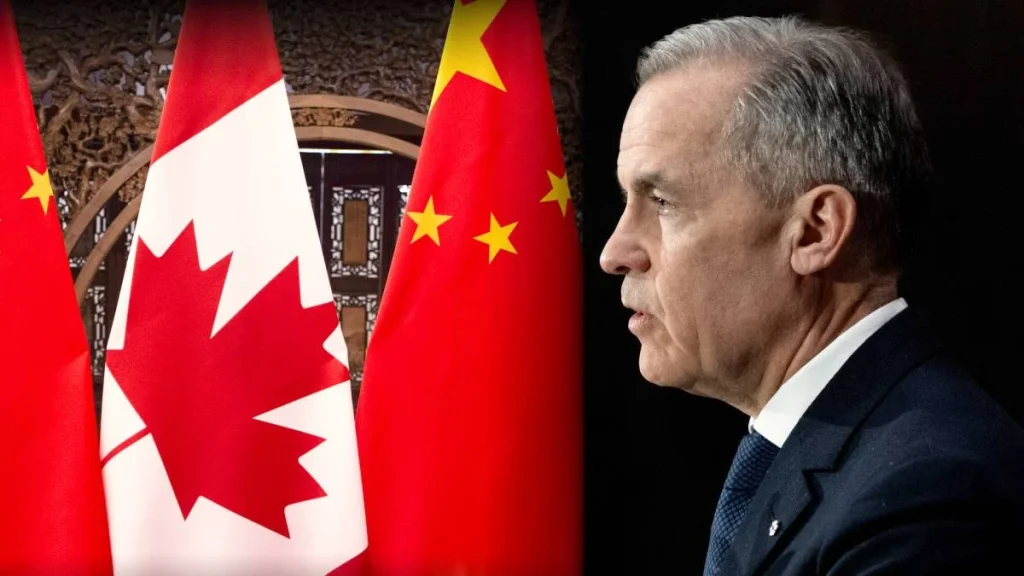Namibia has made history by electing Netumbo Nandi-Ndaitwah as its first female president. This landmark event follows a contentious election process, with accusations of irregularities and political tensions dominating the post-election climate.
Nandi-Ndaitwah, representing the ruling SWAPO party, secured victory amid allegations of vote tampering and intimidation by opposition parties. The Electoral Commission of Namibia announced that Nandi-Ndaitwah won with 51% of the vote, edging out her closest rival, Hage Geingob, who garnered 45%. The remaining votes were split among minor candidates.
The election turnout was reported at approximately 60%, lower than previous years, reflecting voter skepticism and discontent with the political landscape. Opposition leaders have questioned the transparency of the process, pointing to delayed ballot counts and reports of restricted access to some polling stations as causes for concern.
Despite the controversy, Nandi-Ndaitwah’s victory marks a significant milestone for gender equality in Namibia. A veteran politician and diplomat, she has served in various capacities within the SWAPO party, including as deputy prime minister and minister of international relations. Her rise to the presidency signals a step forward for women’s representation in leadership within the region.
In her acceptance speech, Nandi-Ndaitwah called for unity and promised to address economic challenges, unemployment, and the lingering effects of the COVID-19 pandemic. She also emphasized the importance of reconciliation, acknowledging the deep divisions in the country stemming from the election.
Opposition leaders, including the Popular Democratic Movement’s McHenry Venaani, have indicated their intent to challenge the results in court. Venaani described the election as “deeply flawed” and demanded an independent review of the process.
International observers, including teams from the African Union and the Southern African Development Community, provided mixed assessments. While some noted logistical challenges, others commended the peaceful conduct of voters and polling officials.
The coming months will be critical for Nandi-Ndaitwah as she seeks to legitimize her presidency, bridge divides, and address the pressing needs of a nation grappling with economic stagnation and social inequality. The election’s outcome, while groundbreaking, underscores the complexities of Namibia’s democratic process and the resilience required to move forward.

